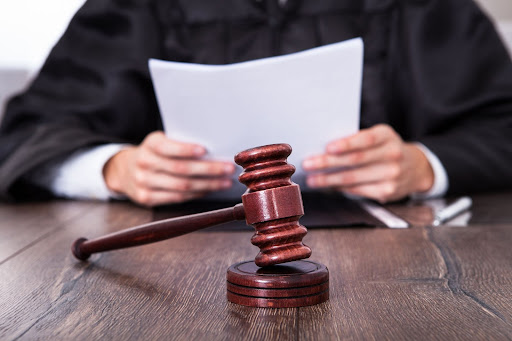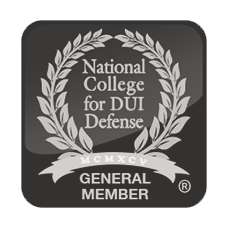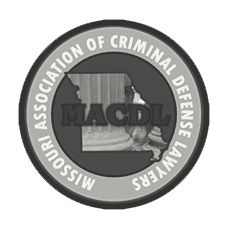Being the subject of a criminal case can leave your head spinning as you grapple with the terminology, upcoming steps, and potential remedies. “Dismissal” and “expungement” are two of the words you might hear thrown around — and when you’re up against the Missouri criminal justice system, the difference between them is critical to understand.
If you’re facing criminal charges in Missouri, the following information can help you distinguish between these two legal remedies and determine what might be possible for your particular case.

What is dismissal?
A dismissal is a type of relief that occurs before the defendant (the person charged with a crime) is convicted. When the court dismisses a criminal charge, it terminates the defendant’s criminal proceedings, and the defendant is then released from any criminal liability connected to that charge.
The arrest record and charge will still appear on the defendant’s record and will be potentially visible to anyone who performs a background check on them, such as prospective employers, however, it will show the disposition or status as “dismissed” rather than “convicted.”
While some individuals and businesses may not hire people with a criminal record regardless of the charge’s outcome, many are understanding and won’t treat it the same as a conviction.
Dismissals may be granted for a variety of reasons, including errors in the charging document, insufficient evidence, or violations of the defendant’s constitutional rights during the arrest or prosecution process. Missouri has few formal restrictions on when a prosecutor can dismiss a case, so a wide range of cases can be considered. However, the defendant has little say in whether a charge is dismissed — that decision rests with the prosecutor.
What is expungement, and how is it different from dismissal?
Occurs after conviction
Unlike a dismissal, which occurs before a conviction, an expungement occurs after a defendant is convicted of a crime. This post-conviction relief option seals the defendant’s criminal record, removing it from public access.
Removes the charge from your record
After an expungement is granted, the defendant’s criminal history will not be visible to potential employers, landlords, or anyone else who runs a background check. This is where expungement can be more favorable than dismissal in some cases — although a dismissal is universally a better outcome than a conviction, expungement allows the defendant to move forward with their life without the stigma of a lingering arrest or criminal record.
While dismissal is largely out of the defendant’s control, expungement allows the defendant to formally petition the court for relief. As long as the defendant satisfies certain legal requirements, the odds of the expungement being granted are high.
Eligible and ineligible crimes
Many offenses are eligible for expungement in Missouri, but some types are strictly excluded. Ineligible crimes include class A felonies, felonies involving the death of another person, kidnapping-related felonies, felony assault, all domestic assault offenses, and offenses requiring sex offender registration.
Defendants with qualifying offenses must meet additional eligibility criteria before the relief will be granted. For example, they must have satisfied the requirements of their sentence, including paying all fines and completing their probation or parole term. There are also mandatory waiting periods in which the defendant must remain crime-free before they can petition the court for expungement.
Explore your options with a trusted criminal defense lawyer
Dismissal and expungement are two powerful legal remedies that can give you the peace of mind you need to move forward with your life after being charged with or convicted of a crime. However, they’re not synonymous, and each is available only at specific stages in the criminal justice process.
That’s where a St. Louis criminal defense attorney at JCS Law comes in. Whether you’re the subject of an active criminal case or need help exploring your post-conviction relief options, we can provide the guidance and representation you need to secure a better tomorrow. Contact us today at (314) 561-9690 to schedule a free consultation and discuss your case with a trusted legal advocate.
Award winning
law firm
120 S Central Ave #1550
St. Louis MO 63105








